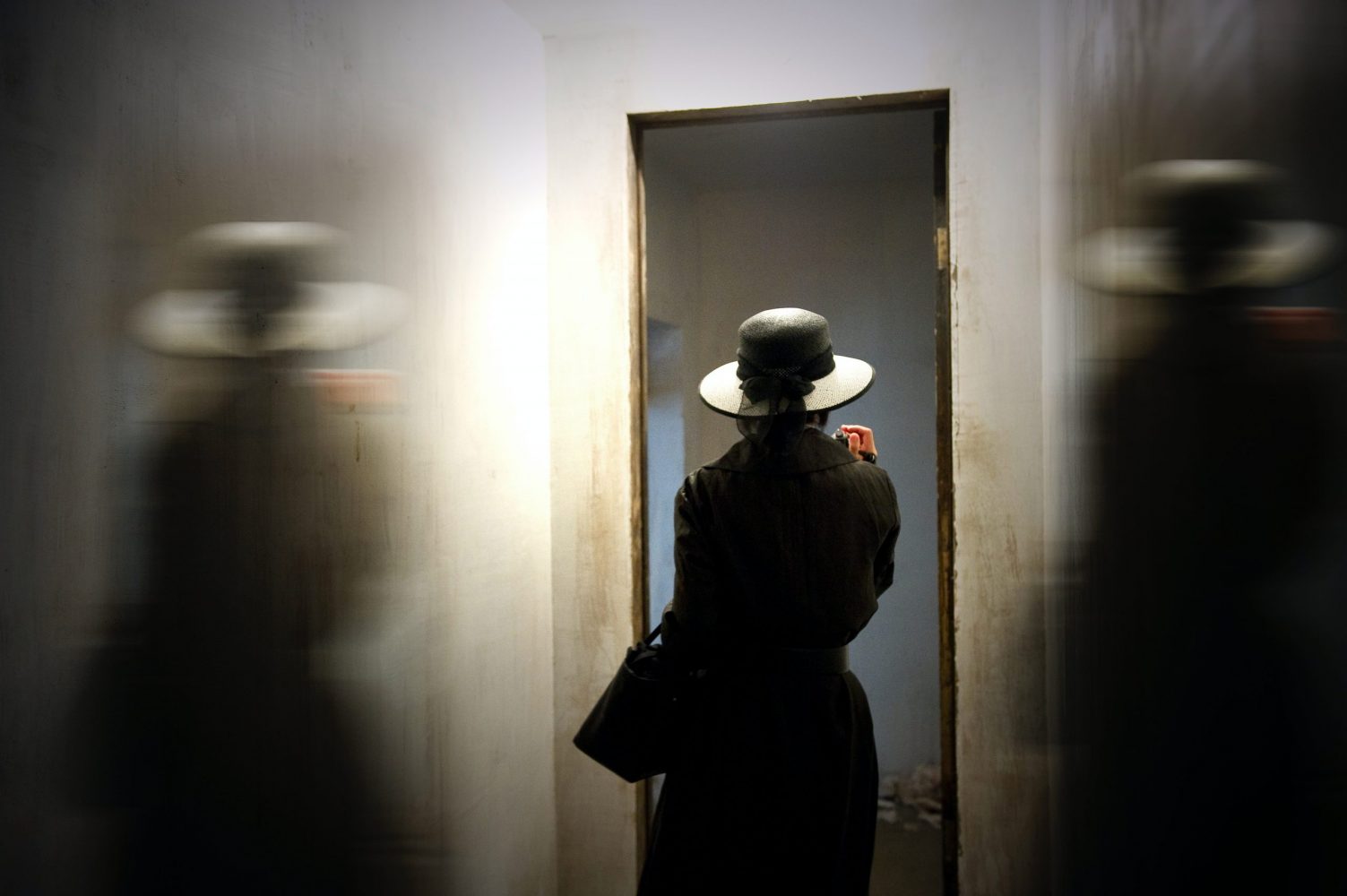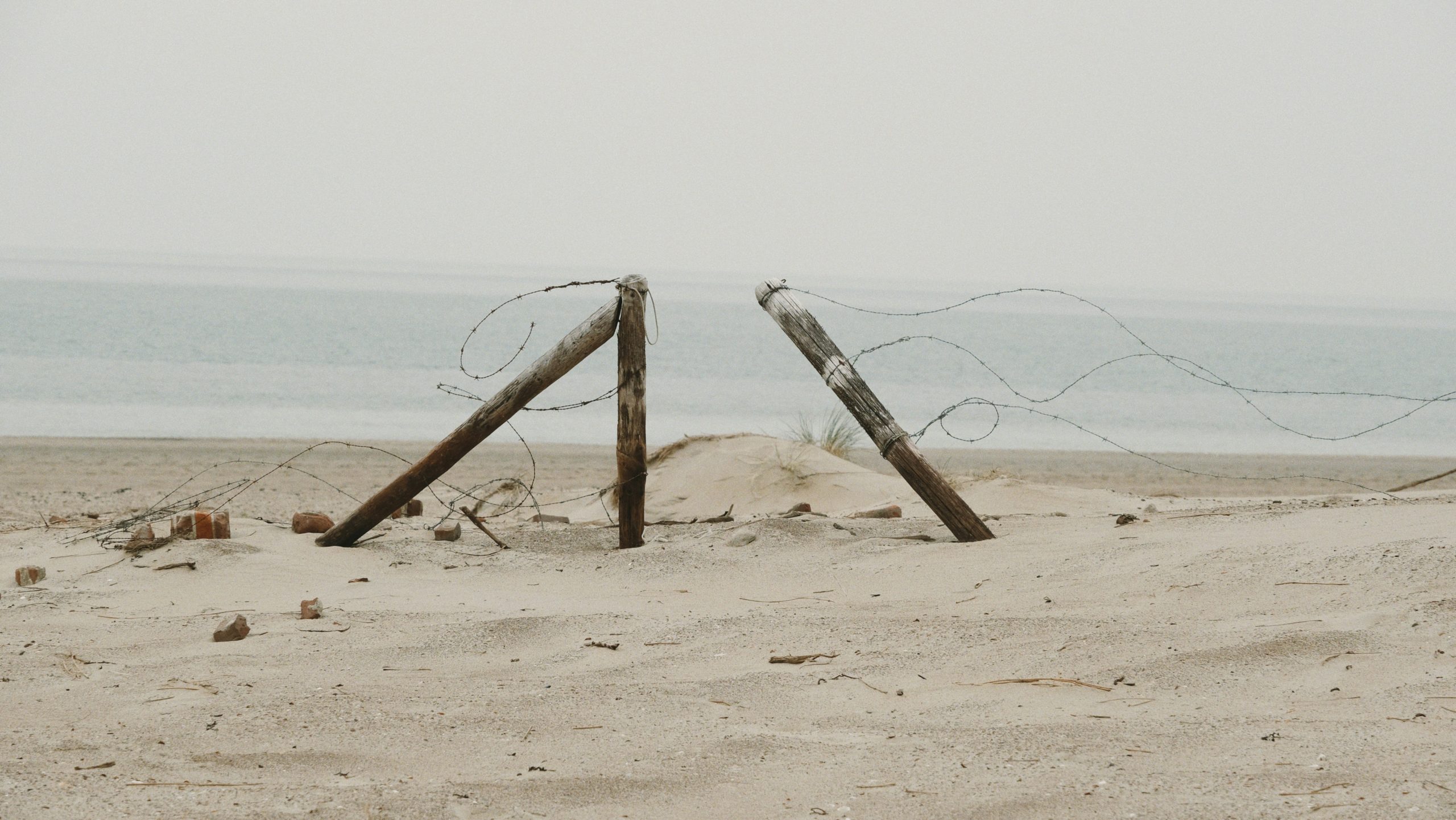Books & Culture
The Best Book Is the One You Can’t Remember
Partly or wholly forgotten books can be much more valuable than the ones that are fresh in our minds

One Saturday when I was very small, probably only 4 or 5 years old, my father took me and my brother to our local library. I sat on one of the tiny chairs (an attraction in themselves), towered over by creaking shelves stacked with books of all ages, forms, sizes, shapes, colors. A librarian handed me two tickets, stiff card, colored a municipal green-grey, my name written on them in an institutional hand. They felt powerful; they made me feel powerful. Not only was I being recognized as an autonomous citizen for the first time, granted membership in a serious institution, but I now also had the possibility of picking anything I liked from the laden shelves then taking it home for a week before returning to repeat the process. (Last year, on beginning work at an academic institution, when handed a barcoded piece of plastic with my picture on it, I felt something of the same glow.)
The small local library (still there, I am pleased to note, despite severe cuts to library services in the U.K.), seemed enormous to me, its treasures surely endless. Early on, there was one book I borrowed that enchanted me. I wasn’t a strong reader at the time, but remember the book intensely. Not the plot, mind, nor much about the characters. I certainly can’t remember anything as helpfully specific as the title or the author. I distinctly remember a house being on fire, at night, a palpable sense of both danger and excitement. Later, I seem to remember melancholy, or sadness, the characters having to set out on a journey. I’m pretty sure fireworks appeared at one point. A family was involved, the protagonists a pair of siblings, perhaps. It was illustrated, I’m sure, but sparsely, pencil drawings in muted colours. Not much to go on, a librarian or bookseller’s nightmare when a customer walks in and asks for it, certainly, but the atmosphere that book created and the feeling it provoked in me was vivid, indelible.
I wasn’t a strong reader at the time, but remember the book intensely. Not the plot, mind, nor much about the characters. I certainly can’t remember anything as helpfully specific as the title or the author.
It stayed with me, as books can do, and a few weeks later I decided I wanted to read it again, but was unable to find it on the shelves. I had an idea the cover was red, mostly. I looked through every red book on the shelves. It wasn’t there. I thought I may have accidentally taken it from the ‘teenage’ shelves, so looked there, to find nothing. I may even have asked a librarian who couldn’t help me (no computerized records of lending then.) I never found it.
I’ve been looking for that book ever since.
No bookshop, the older and dustier the better, is safe from my attempts to rifle its shelves; no library containing a neglected children’s section will be spared my attempt to track down that missing volume.
And yet, I know full well that were anyone ever to say, “Oh yes, I know exactly that book you’re looking for,” and hand it to me, in pristine condition or terribly tattered, I’d be disappointed. Partly, it’s the search for the book that’s the pleasure, an excuse to endlessly trawl book vendors of all stripes. Mostly, though, I fear its reality: in my mind, that book can be anything I like. If it were real, it would have to be what it is, and nothing more.
In my mind, that book can be anything I like. If it were real, it would have to be what it is, and nothing more.
Books have a strange relationship with memory. I have sometimes been convinced that a certain book contains a lengthy, rapturous, intricately-detailed description of a place, or a clear yet careful elucidation of a complex idea, only to go back and find a scant couple of sentences. On the other hand, there are entire chunks of books that my memory elides (did anyone else forget the whole second half of Wuthering Heights?). I was pleased when a well-known writer (and yes, I’m afraid I’ve completely forgotten who) recently remarked that they couldn’t remember plots at all, only characters and settings. Two fans of the same book may each remember a different experience entirely.
Indeed, two readers of the book may experience something different entirely: a book isn’t just a collection of words on a page, but our emotional and intellectual engagement with it, the context we read it in, or the stage of life we’re at when we read it. Our impressions or understanding of a book can be affected by what we think we know about the author, or the fact that someone you don’t like told you it was great, or by the fact you’d just fallen in love the first time you read it, or maybe the cover matched your favorite shirt. All these influence how we remember, or mis-remember, the things.
A book isn’t just a collection of words on a page, but our emotional and intellectual engagement with it, the context we read it in, or the stage of life we’re at when we read it.
Re-reading after a long interval can be a haphazard pleasure. We may indulge in immersing ourselves in our pasts again, or perhaps find previously unearthed treasures, or — quite possibly — remain faintly disappointed. When I was thinner, younger, and somewhat more intense, a book to be seen with was Milan Kundera’s The Unbearable Lightness of Being. I remember making sure its smart red jacket poked out of my pocket for a good while toward the end of the 1980s: I thought I loved its narrative swerves and shows of the author’s hand, the philosophical enquiry, the heavyweight references, the political heft, the obliquely glamorous Prague setting, the meditations on chance and destiny. (And yes, in my memory this has somehow got mixed up with the film I’m not sure I’ve ever actually seen all the way through.)
No, I Can’t Picture That: Living Without a Mind’s Eye
I’ve long since lost the book. I suspect I gave it away to someone in an attempt to impress them, someone who remained resolutely unimpressed, and I have — occasionally — thought about going back and reading it again. But I won’t, for fear it should have aged worse than I have, for fear it would feel clunky and hectoring, for fear that protagonist Tomáš would reveal himself the sexist git I suspected he was even then.
Unlike the childhood book I scarcely remember, I fear I remember The Unbearable Lightness of Being only too well. Going back to it may mean having to go through the excruciating process of being myself again, as a callow 20 year-old. It’s better, I think, in this case to take what I remember about the book and consider how it can be useful for me now: its mixture of essay and story, of history and fiction, its shifts in tone and register, its digressions, its wide-ranging intellectual curiosity.
It’s better, I think, in this case to take what I remember about the book and consider how it can be useful for me now.
And yet, there are also those books we cannot re-read, either because they’ve got lost or have vanished, or because our own faculties fail us and we simply cannot remember what they are.
What can we do with them? The same thing, I’d argue. Take what you do remember, or at least what you think you remember, and build your story from that. you may never find the lost book, or even want to find it, but what you can discover in the search for it may be invaluable.
In his book Not To Read Alejandro Zambra claims we “write only when others haven’t written the book we want to read. That’s why we write one of our own, one that never turns out to be what we wanted it to be.” So I have tried, but even that attempt will never stop me grubbing through second hand bookshops and old libraries, looking for that experience I hope I may, one day, be able to recreate.










